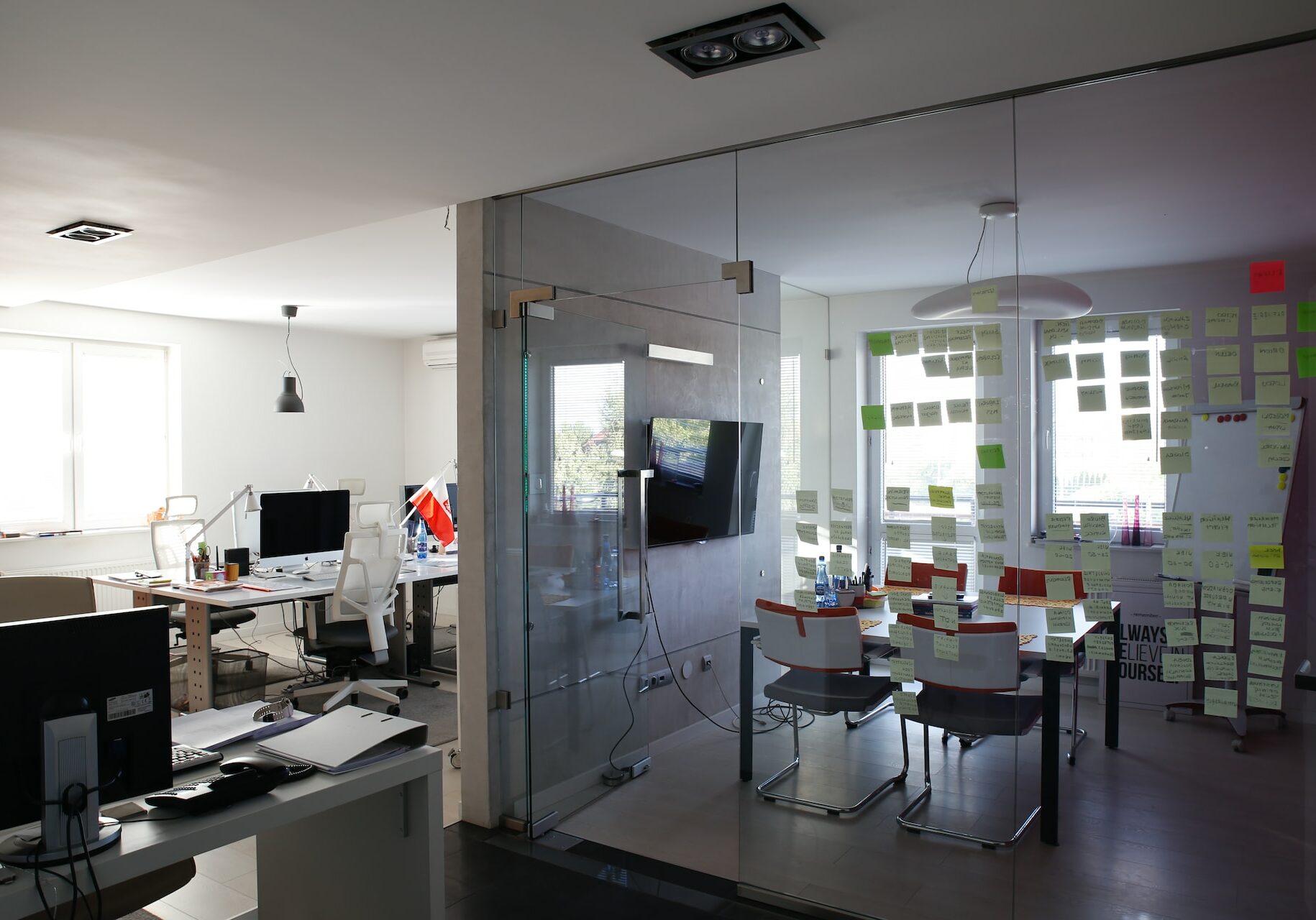What are Your Company’s Differentiators in a Work from Home World?

Working inside Google’s Bay Area headquarters, The Googleplex, means three catered meals a day, fitness classes, outdoor seating, dry-cleaning facilities, an on-site doctor, tennis courts, and sculpted gardens. It also means free yoga classes and massages. For companies aspiring to retain valuable employees, it begs the question: What are you company’s differentiators in a work from home world?
And, if the free massages are not enough to swoon top talent to work at The Googleplex, they may be enticed by two other words: nap pods.
Kidding aside, serious perks like these have attracted top tier talent to Google for years. The Googleplex is a company differentiator.
In today’s post-pandemic world, some talent may still be swooned by office life and swanky culture, but many candidates tell Artemis recruiters that even The Googleplex takes a back seat to their own couch. Remote and flexible work has become practically expected.
Flexibility of Remote Work
Both companies and workers see benefits in remote work. A software engineer knows that he/she can do the same job from Sioux Falls as from San Francisco and live for a lot less. “A remote workforce offers too many benefits for most companies to ignore completely, chief among them a vastly widened talent base. Fintech giant Stripe launched a “remote engineering hub” to complement its existing fixed-location offices. The remote engineering hub went some way toward putting remote work on equal footing with brick-and-mortar bases and helping the company “tap the 99.74% of talented engineers living outside the metro areas of our first four hubs,” Stripe CTO David Singleton said at the time (Venture Beat).
According to LinkedIn research, 75% of job seekers research a company’s reputation before applying. A negative review on Glassdoor or a disgruntled employee rant on social media can sway a candidate to look elsewhere. You need to find ways to brand your company.
With so many candidates expecting work flexibility, the ability to attract candidates based on physical office space or location has waned. What should companies do today to attract top talent in a work from home climate?
Today’s Differentiators Defined
Sinem Buber of ZipRecruiter reports that the graduating class of 2022 is entering “the best jobseeker market” in US history with more than 11 million openings. To win talent, companies will need to define their differentiators.
A differentiator is “a unique set of benefits that sets your business apart from your competition.”
- Why is your company a unique place to work?
- What makes it a different work experience from competitors in the same industry?
- Is there a mentorship program, desired job titles, high salaries, bonus structures, or professional development opportunities?
- Does your company have a social mission?
- Is it leading the industry in some way?
- How much paid vacation time is offered? Is there health insurance or tuition reimbursement?
- Do other associates speak highly of the business on LinkedIn?
Besides these differentiators, other perks that may attract candidates could include standing desks, student loan repayment, flexible work arrangements, diversity initiatives, summer Fridays, or relocation assistance.
Communicating Differentiators
Communicating these differentiators is key. The job description itself can help differentiate the position. CIO writer Sharon Florentine gives these job description tips:
- Get the job title right- don’t be overly creative with titles as your candidates are searching based on industry-standard language
- Give a clear overview, describing why this role contributes to company objectives and even society.
- Present responsibilities focusing on growth- avoid long, boring lists and describe key functions as they contribute to objectives and the potential to advance.
- Use exciting and engaging language—consider involving your team in writing the description.
- Create a sense of urgency and describe company culture.
During interviews and at the time of offer, hiring managers should continue to communicate job differentiators. A positive portrayal of the company by every person an interviewee communicates with is one of the most valuable ways to win talent.
Every employee wants to be happy and satisfied in a new role. The more a role speaks to an individual’s needs, the better the chance for long term job satisfaction and success.
For insights into how you can define differentiators to attract the industry’s most highly coveted candidates, contact Artemis.
–Written exclusively for Artemis Consultants by Content Writer Mellody Melville




